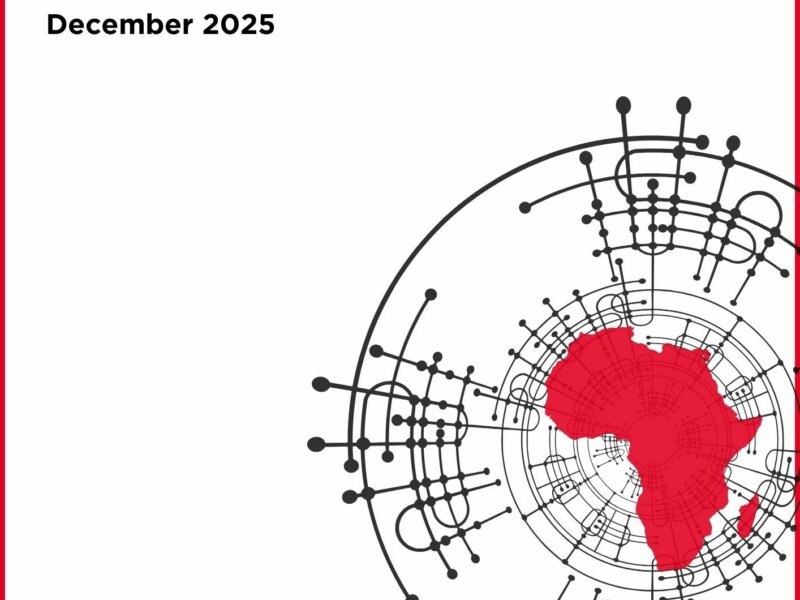India's race
On the 75th anniversary of the country's independence, India also celebrated two historic events in the space of a few days

The first dated back to the end of July, when, for the first time, a woman of tribal origin, Drupadi Murnu, was elected Head of State by a parliamentary majority. The 64-year-old native of Uparbeda, a remote village in the state of Odisha, on the border with the Jharkhand Forest, replaced President Ram Nath Kovind, in office since 2017. The pressing and explicit political support of Prime Minister Nerendra Modi played a key role in Murnu’s election. Commenting the election in The Hindu newspaper, Modi expressed great satisfaction: “A daughter of India from a tribal community born in a remote part of eastern India was elected our President […] It represents a ray of hope for our citizens, especially for the poor, the marginalized and the oppressed”.
The second event – which enjoyed wider echo in international media – was India’s economy taking over the UK’s. An article published by The Indian Express on 2 September, entitled “India soars ahead of UK to become the world fifth biggest economy” said: “The former British colony leaped past the UK in the final three months of 2021 to become the fifth-biggest economy [...] The IMF's own forecasts show India overtaking the UK in dollar terms on an annual basis this year, putting the Asian powerhouse behind just the US, China, Japan and Germany. A decade ago, India ranked 11th among the largest economies while the UK was 5th”.
It is perhaps worth noting that, at the end of August, international financial analysts were already talking of the UK economy being incredibly overtaken by what had been its colony for two centuries. A Bloomberg report stated: “On an adjusted basis and using the dollar exchange rate on the last day of the relevant quarter, the size of the Indian economy in nominal cash terms in the quarter through March was $ 854.7 billion. On the same basis UK was $ 816 billion [...] Thanks to India's fast-growing economy, there is likely to be a huge gap between India and the UK within the next few years”.
Such positive affirmations, galvanised the Indian Government and, above all, its Prime Minister Modi. A comment published on 4 September by The Indian Express stated: “The news comes close on the heels of Prime Minister Narendra Modi urging countrymen to resolve to become a developed country by 2047 - the centenary of India's Independence. As such, moving past one of the biggest economies in the world, especially one that ruled over Indian sub-continent for two centuries, is a major milestone”.
The data on the Indian economy which, with good reason, has left half the world speechless, however, needs to be carefully read and interpreted, especially for the five reasons explained by distinguished Indian economist Udit Misra in his Indian Express article titled “India overtakes the UK as the world's fifth-largest economy; 5 charts to put this in perspective”:
“Population rate: this is one of the most fundamental differences between the two countries. As for 2022, India has a population of 1.41 billion while the UK’s population is 68.5 million. In other words, India’s population is 20 times that of the UK;
GDP per capita: since such a stark difference between the population of the two countries, GDP per capita provides a more realistic comparison of income levels [...] Unsurprisingly the income of an average Indian is far lower;
Poverty levels: low per capita incomes often point to high levels of poverty [...] It is noteworthy that at the start of the 19th century, the UK’s share in extreme poverty was higher than India’s. However, as things stand today, the relative positions have reversed even though India has made giant strides in curbing poverty;
Human development index: the end goal of higher GDP and faster economic growth is to have better human development parameters. The Human Development Index is a composite of health, education and standard of living parameters [...] Despite its secular improvement, India might still take a decade to be where the UK was in 1980;
Universal healthcare coverage: a crucial element of becoming richer as a country is the quality of life available to citizens. The Universal Health Coverage Index is based on the average coverage of essential services including reproductive, maternal, newborn and child health, infectious diseases, non-communicable diseases and service capacity and access. For India, while faster economic growth and the government’s policy focus on healthcare schemes since 2005 made distinct improvement, there is still a long way to go”.



